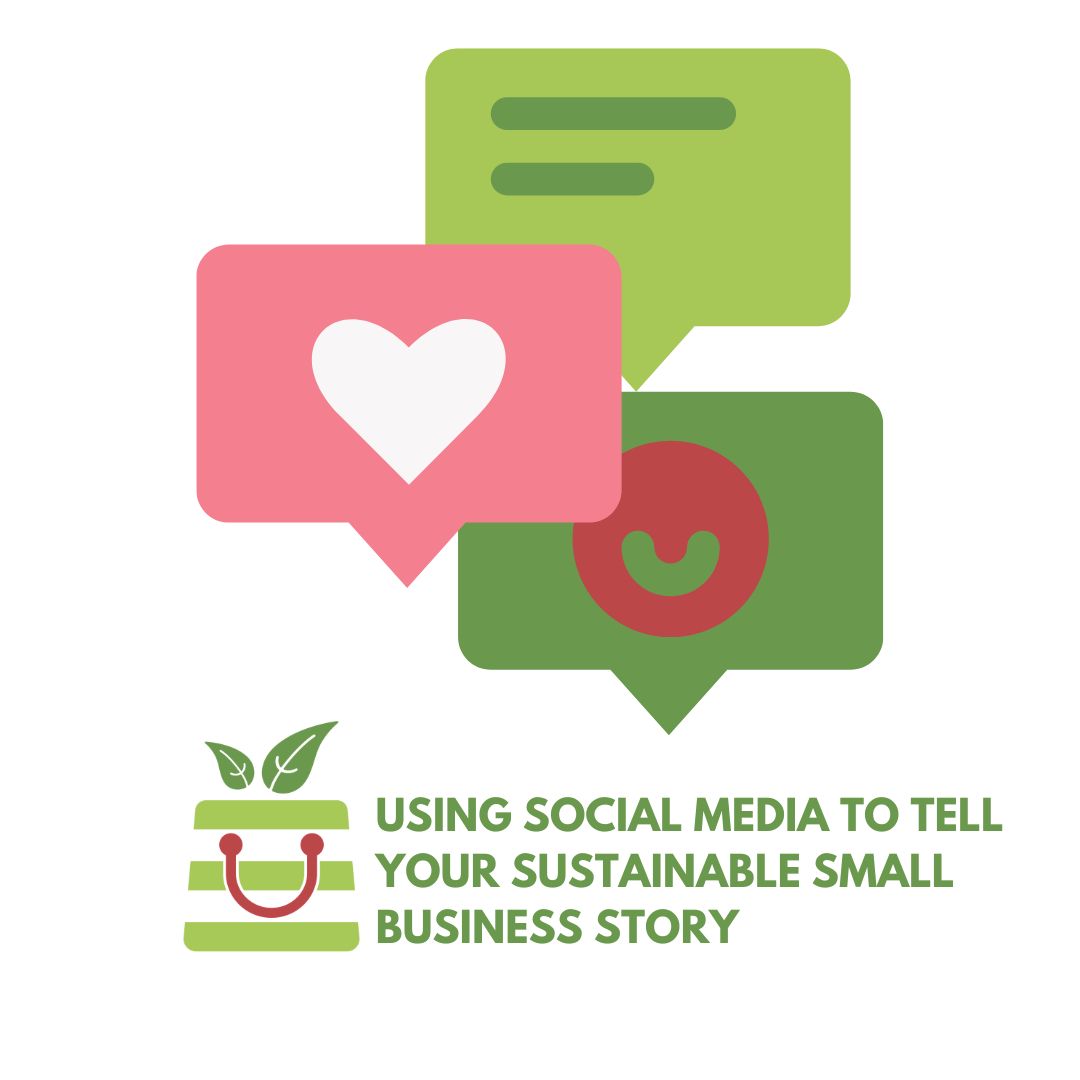Oceans play a vital role in regulating the Earth’s climate, acting as the planet’s lungs, absorbing carbon dioxide and releasing oxygen. Additionally, they serve as a significant source of food and livelihood for millions worldwide. Without healthy oceans, our planet and its inhabitants would suffer immensely. In this blog, we’ll explore practical steps you can take to protect our oceans in your day-to-day life, even if you live far from the coast!
Statistics About the Ocean:
Did you know that approximately 70% of the Earth’s surface is covered by oceans? These vast bodies of water significantly impact our planet’s health and well-being. But unfortunately, they are under unprecedented pressure. Consider the following eye-opening statistics:
- Shockingly, it’s estimated that over 8 million metric tons of plastic are found in the oceans every year. That’s like dumping a garbage truck full of plastic into the water every minute!
- According to the World Wildlife Fund (WWF), nearly one-third of coral reefs have already suffered irreparable damage from various human activities. These delicate and vibrant ecosystems are in dire need of our help.
- The oceans provide a home to an astonishing 94% of all known species on Earth!
- Sadly, overfishing has caused a decline of 90% in the populations of large predatory fish since 1950.
Easy Steps for Ocean Preservation:
It’s not too late to make a significant difference. Here are some simple yet effective steps we can take to lessen the impact of our actions on the world’s oceans.
Reduce Single-Use Plastics:
Plastic pollution is a major ocean threat, but we can all be part of the solution. Here are some easy ways to reduce our reliance on single-use plastics:
- Carry reusable bags and water bottles to minimize plastic waste. By having these essentials with you, you can say goodbye to those flimsy plastic bags and disposable bottles.
- Say “no” to plastic straws and choose more sustainable alternatives, like no straw at all.
- Opt for biodegradable packaging whenever possible. Look for eco-friendly options that won’t stick around in our oceans for centuries.
Conserve Water:
Conserving water is crucial, not only for our daily lives but also for the health of our oceans. Here are some ways to be more mindful of water usage:
- Be vigilant about leaks in your home and fix them promptly. A dripping faucet or a running toilet may seem harmless, but they can waste significant amounts of water over time.
- Use efficient appliances that reduce water consumption. Modern dishwashers, washing machines, and showerheads are designed to be water-wise, helping us save gallons with every use.
- Plant drought-resistant plants in your garden to reduce the need for excessive watering. Native species are adapted to their environments and require less water to thrive.
- Use a broom instead of a hose to clean outdoor spaces. It’s a simple switch that can save hundreds of gallons of water.
Support Sustainable Seafood:
Here’s how you can support sustainable seafood practices:
- Choose sustainably caught or farmed seafood certified by organizations like the Marine Stewardship Council (MSC) or Aquaculture Stewardship Council (ASC). These certifications ensure that the seafood is sourced responsibly and doesn’t contribute to overfishing or harm to marine habitats.
- Consult seafood guides to make informed choices that protect vulnerable marine species. These guides provide valuable information on which fish are sustainably harvested and which ones to avoid due to overfishing or environmental concerns.
- Engage in conversations with your local seafood providers and restaurants and patronize the ones who source their seafood responsibly and provide more sustainable options for customers. Our collective demand for sustainable seafood can drive positive change in the industry.
Practice Responsible Tourism:
Visiting coastal areas is a popular activity, but it’s important to be mindful of our impact on marine ecosystems:
- When visiting beaches and coastal areas, respect marine ecosystems by avoiding littering and disposing of waste properly.
- Support local eco-friendly tour operators that promote responsible practices and prioritize sustainability.
- Joining forces with like-minded individuals can significantly impact coastal cleanliness and the overall health of our oceans, so consider joining a cleanup event or fundraiser while visiting your favorite seaside spot.
By reducing our plastic consumption, conserving water, and supporting sustainable practices, we contribute to ocean preservation, regardless of our proximity to the coast. Remember, every positive change counts, and when we join forces, we can create a wave of impact that reaches even the most distant shores.






![Validate my RSS feed [Valid RSS]](https://8hj.d65.myftpupload.com/wp-content/uploads/2023/06/social_style_3_rss-512-1.png) [Valid RSS]
[Valid RSS]